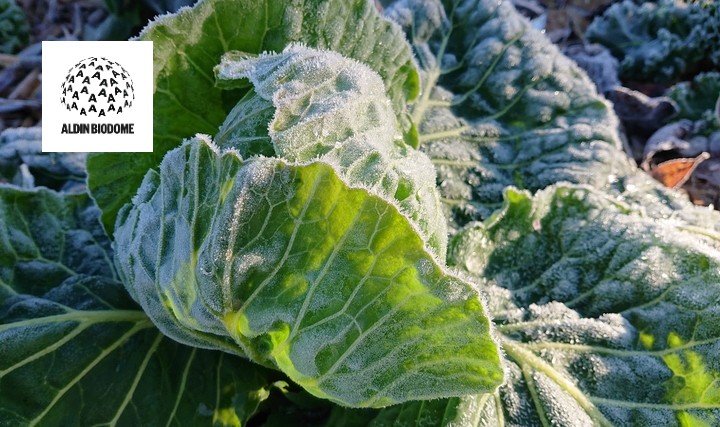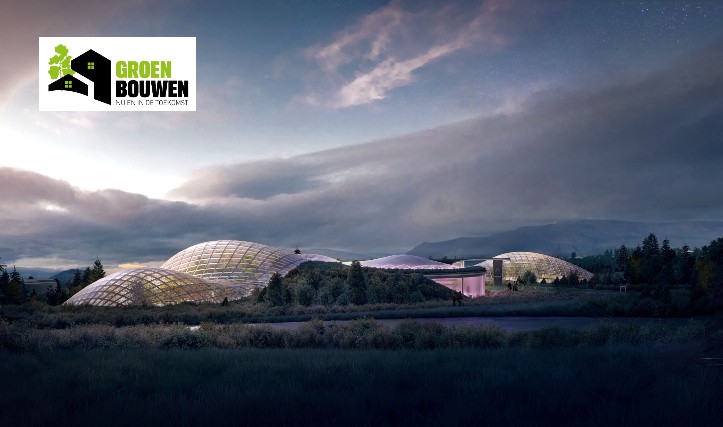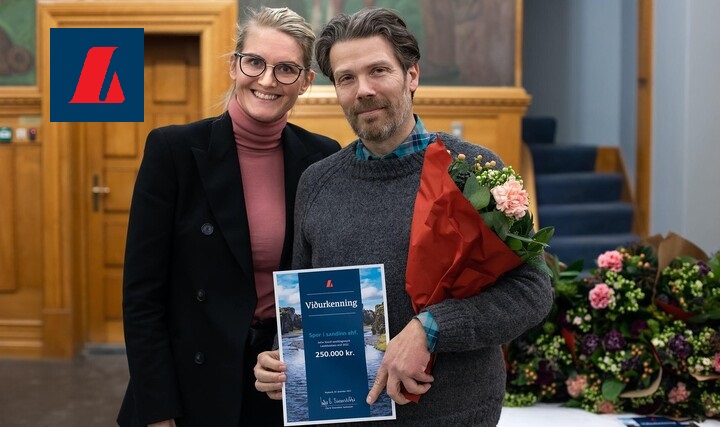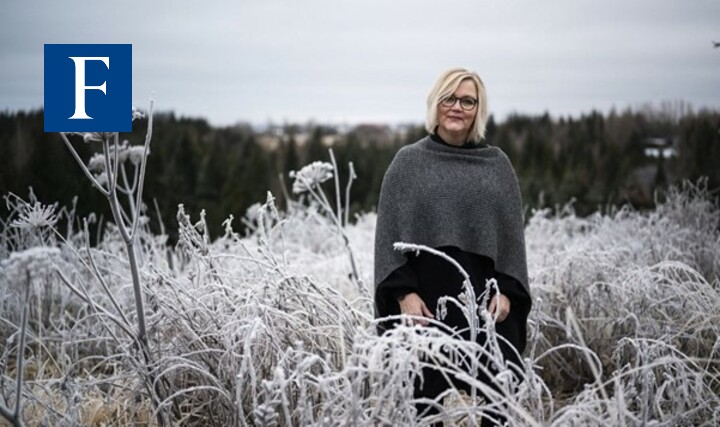Abstract
Large quantities of low-grade hot water are abundant in numerous locations, particularly as a byproduct of power generation. Disposal of such water is generally harmful to the environment (thermal pollution), and allowable discharge rates can become limited during periods of low river flow. Low-grade warm water is particularly abundant per-capita in Iceland,where geothermal wells and power plant outflows are used for a municipal heating system,being discharged at around 30°C. At the same time, while all temperate regions suffer from reduced cultivation potential in cold weather, high-latitude locations such as Iceland experience cool or cold weather during the entire year, significantly reducing cultivation options. Lower-grade heat, however, has reduced potential for maintaining soil temperature relative to higher-grade heat. Consequently, we established a programme to investigate the impacts of (and optimal configurations for) use of thermal wastewater in cultivation with insulated beds. Despite a late start and limited cultivation time, we showed a significant impact of low-grade heating on growth rates.
Keywords: geothermal, thermal pollution, wastewater, heat, soil heat, root stimulation,growing season, cold-climate agriculture, Iceland





